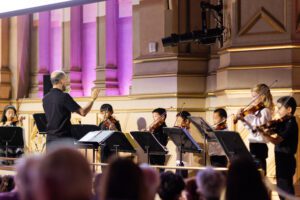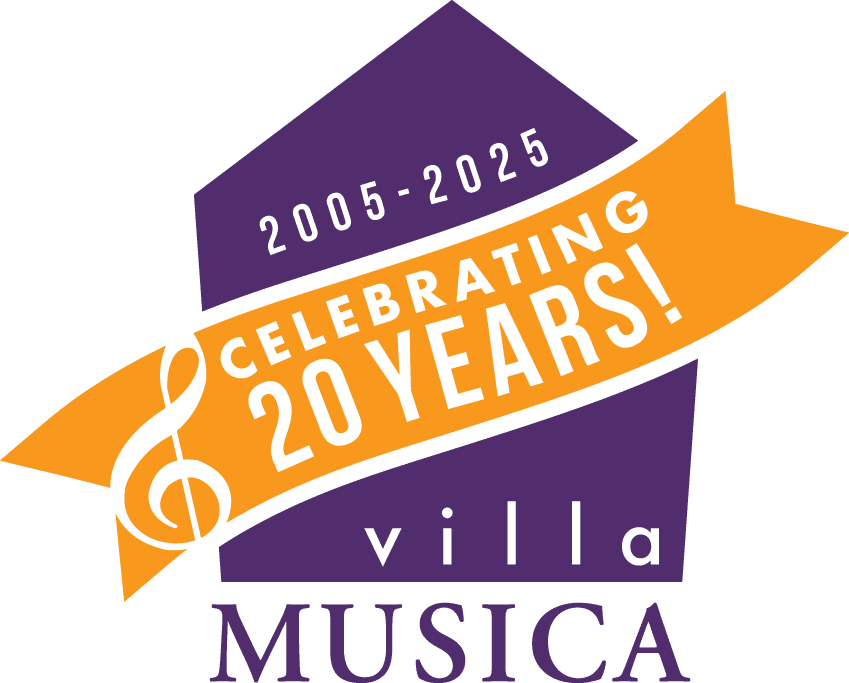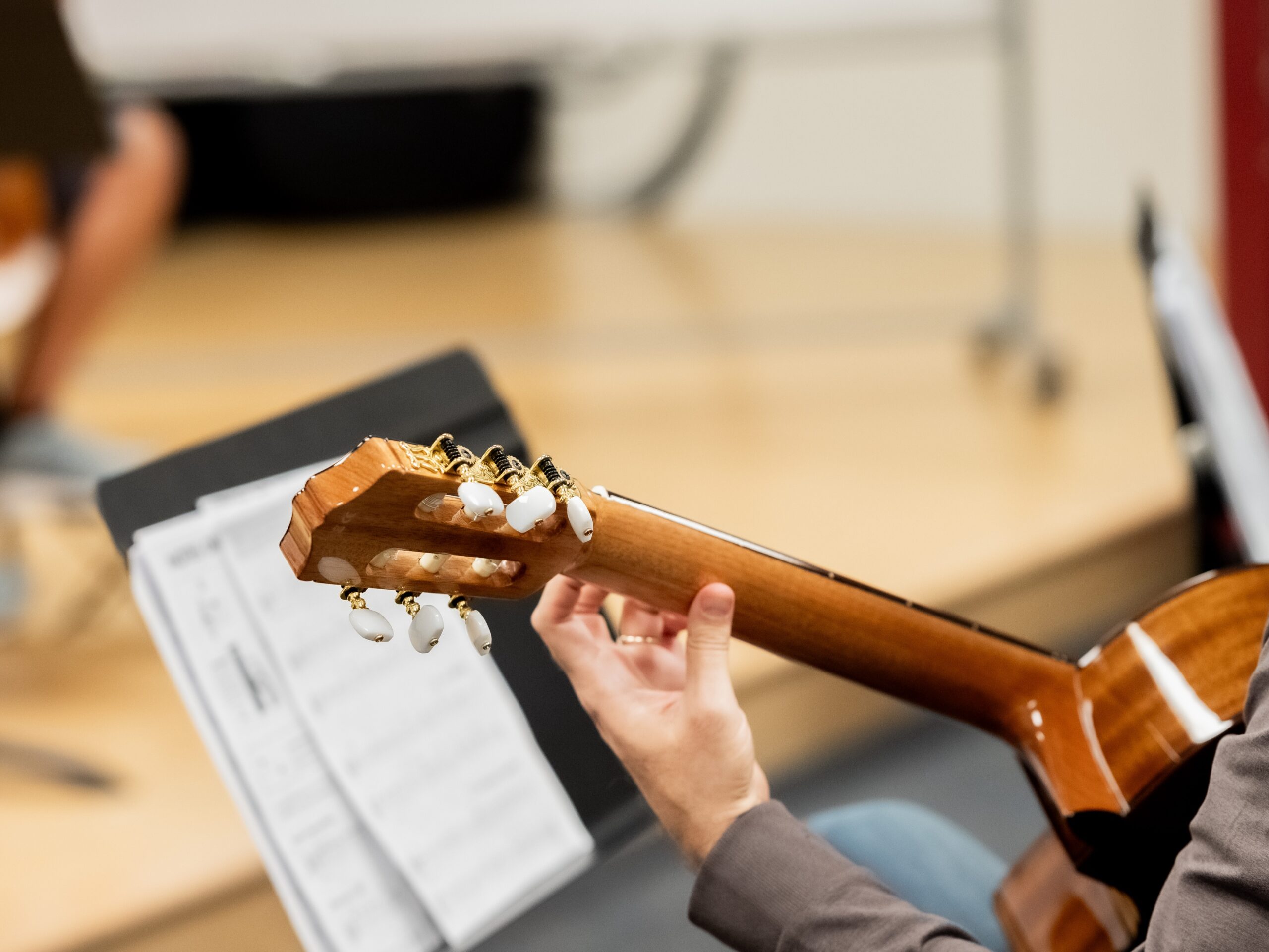Music is a powerful tool for uniting people, transcending language, culture, and socioeconomic divides. Beyond its entertainment value, music education provides a communal experience that fosters collaboration, empathy, and understanding among people from diverse backgrounds. In a social and political landscape where racial and socioeconomic divisions can foster isolation and even conflict, music learning is a crucial bridge that brings people together. In this article, we’ll explore how learning music can bridge these divides and the benefits it provides for our communities.
The Language of Music: A Path to Unity
Music has the ability to communicate emotions that transcend words, making it a universal language. By learning music, individuals from various backgrounds can connect with one another on a deeper level, regardless of their spoken language or cultural differences.
- Universal language: Music transcends linguistic and cultural boundaries, allowing people to communicate emotions and ideas in ways that words cannot.
- Collaboration: Music education, especially in group settings like choirs or orchestras, requires listening, responding, and working toward a shared goal, fostering collaboration.
- Equality in music: In music, everyone contributes equally, regardless of background or status, creating a sense of belonging and trust among participants.
Music’s ability to break down these barriers fosters understanding and empathy among participants, promoting a more unified community.
 Music as a Socioeconomic Equalizer
Music as a Socioeconomic Equalizer
Music education can help level the playing field for individuals from different socioeconomic backgrounds. Programs that provide access to music lessons, instruments, and group instruction create opportunities for everyone, regardless of financial means.
- Access for all: Community programs and nonprofits offer free or affordable music lessons to those who might not have the financial means, making music education more accessible.
- Academic benefits: Research shows that students involved in music programs often have better academic performance, attendance, and social skills.
- Stability and growth: For students from underprivileged backgrounds, music offers stability and helps develop self-discipline, confidence, and perseverance.
- Opportunities for the future: Music education can lead to scholarships, networking, and career paths that might otherwise be inaccessible to lower-income students.
By providing equal access to music education, communities help close the gap between socioeconomic groups, offering valuable opportunities to all participants.
Bridging Racial Divides Through Music
Music has long been a medium through which marginalized communities share their stories, protest injustices, and celebrate their heritage. Learning music in a diverse environment allows students from different racial backgrounds to build empathy and appreciation for one another.
- Historical impact: Music has been a key part of racial justice movements, from gospel and jazz to hip-hop, helping to tell the stories of marginalized communities.
- Cross-cultural appreciation: Diverse repertoires allow students to engage with music from various cultures, breaking down stereotypes and promoting understanding.
- Collaboration: Music programs encourage students from different racial backgrounds to work together, helping them see beyond racial differences and recognize shared human experiences.
Through these collaborative experiences, students learn to appreciate diversity and contribute to a more inclusive and understanding society.
The Ripple Effect: Music’s Benefits for the Community
The benefits of music education extend far beyond the classroom or rehearsal space. Communities with strong music programs often experience greater social cohesion and higher levels of civic engagement.
- Strengthening social bonds: Music programs bring people together, creating shared experiences that foster stronger community connections.
- A safe space: Music programs provide a supportive, welcoming environment for people of all ages and backgrounds, helping to reduce isolation and encourage collaboration.
- Community engagement: Public performances, neighborhood choirs, and youth orchestras serve as opportunities for the community to come together, strengthening local ties and promoting inclusivity.
Music education’s ability to break down barriers and bring people together benefits not only individuals but also the entire community.
Villa Musica: Transforming Lives Through Music Education
Villa Musica is dedicated to making music education accessible to everyone, regardless of their socioeconomic or racial background. Through our diverse programs and commitment to inclusivity, we empower our fellow San Diegans to discover their potential and connect with the community through the power of music. Whether you’re a beginner or an experienced musician, Villa Musica provides a welcoming and supportive environment for all. Explore our classes today or learn about community outreach events near you.
Music has the power to bring people together, fostering collaboration and understanding across divides. At Villa Musica, we help amplify that power, creating a more inclusive and united community through the gift of music. Join us in our mission and support our work today!



